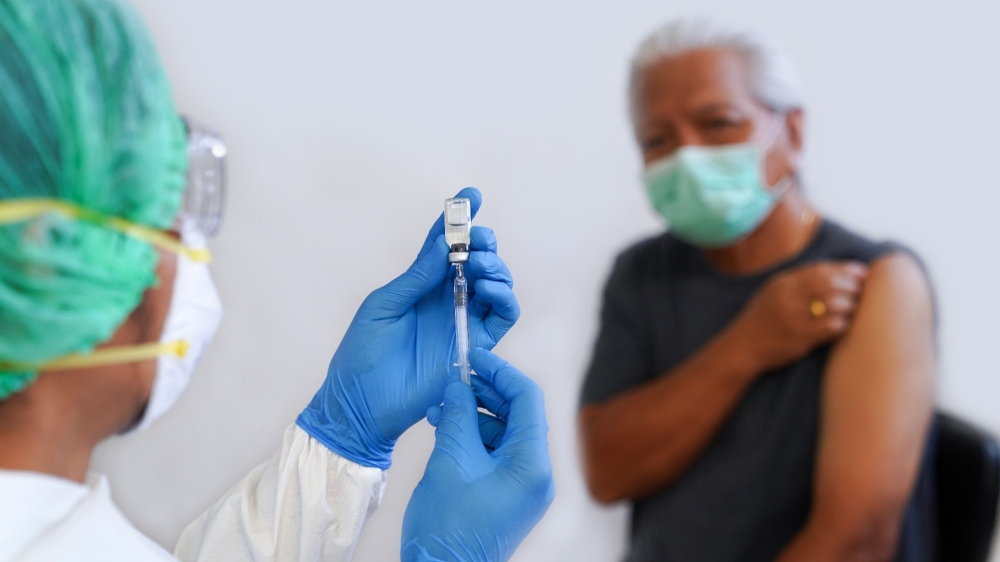by Marco Hafner, Erez Yerushalmi, Clement Fays, Eliane Dufresne, Christian Van Stolk
 Vaccine nationalism could cost the global economy up to $1.2 trillion a year in GDP.
Vaccine nationalism could cost the global economy up to $1.2 trillion a year in GDP.As long as there is no vaccine against the disease, the global cost associated with COVID-19 and its economic impact could be $3.4 trillion a year.
If the poorest countries cannot access vaccines, the world could still lose between $60 and $340 billion a year in GDP.
For every $1 spent on supplying poorer countries with vaccines, high-income countries would get back about $4.80.
Millions of people worldwide have been infected with COVID-19 and so far, more than a million have lost their lives because of the pandemic. A huge global research effort is taking place to bring a fast-tracked vaccine to the market. Currently there are more than 165 vaccines being developed, with some already in human trials.
While the COVID-19 outbreak is foremost a public health crisis, it has also caused substantial damage to the global economy. National governments are spending trillions of dollars to fight the negative economic impact, but until there is a vaccine or other treatment widely available, the financial cost will continue to be felt around the world.
Physical distancing, the use of masks and test, track and trace programmes are currently the only effective measures against the spread of the disease, and economic sectors that rely on close physical proximity between people, such as recreation and retail, will continue to be the most affected.
Even when a safe and effective COVID-19 vaccine or treatment is eventually developed, further challenges will emerge with regard to the manufacturing and distribution process. There is a threat that 'vaccine nationalism' could have negative consequences on how well the global pandemic is managed and contained.
In light of this, RAND Europe sought to understand how vaccine nationalism would affect the global crisis once a COVID-19 vaccine is developed and examined the economic effects that could arise as a result of unequal access to the vaccine.
Understanding vaccine nationalism
Experience shows that national governments, in response to previous pandemics, tend to follow their own interests instead of pursuing a more globally coordinated approach. If countries push to get first access to a supply of vaccines or hoard key components of vaccine production, 'vaccine nationalism' occurs. In recognition of this issue, there are ongoing international efforts such as COVAX, a cooperation between the WHO and other international institutions, to provide equal access to vaccines globally by pooling resources. However, so far there have only been weak commitments from wealthier countries.
Study approach
RAND Europe researchers conducted a literature review to gain a better understanding of the issues associated with vaccine nationalism and used a macroeconomic computer model to determine what would happen to global economic output.
The model ran different 'what-if' scenarios examining how the impact on economies would change if no vaccine were to be developed or if only a few countries or regions manage to immunise their own populations. It analysed how reduced activity would affect GDP as a result of physical distancing and changes in consumer behaviour in the following high-contact intensive service sectors: hospitality; recreation; retail and wholesale; transportation; and health and social care.
As a benchmark for comparison, researchers used a hypothetical baseline scenario in which every country in the world had access to a vaccine.
No comments:
Post a Comment